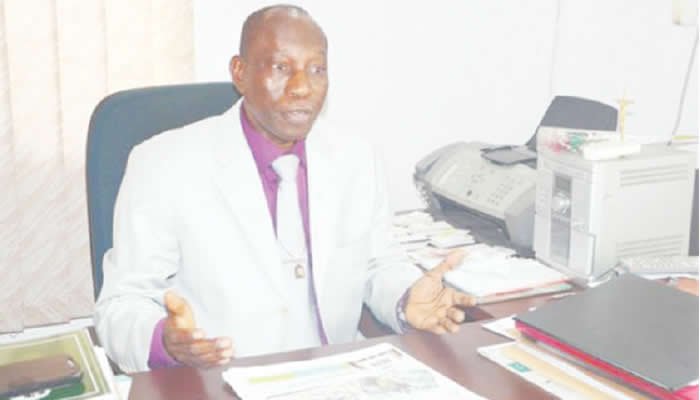The aviation sector in Nigeria is passing through difficult times. Airlines in the country are doing their best to survive, but the challenges are many and tough. Some of the issues are from outside their control, while some are internal problems they need to fix themselves. Unfortunately, many of the airlines are focusing only on the external problems and ignoring the ones they are causing by themselves.
One of the major problems facing Nigerian airlines is the scarcity of foreign exchange (forex). Without forex, airlines cannot pay for aircraft maintenance or lease rentals. Even if they have naira, they still need dollars to carry out international transactions like repairs and leasing. This issue is affecting the number of aircraft in service, as many of the planes are grounded because of lack of funds to maintain them.
Industry experts say airlines should come together and approach the Federal Government and the Central Bank of Nigeria (CBN) to create a dedicated forex window for the aviation industry. This window will help them buy the needed dollars to maintain their aircraft and pay their bills. Without this support, most airlines will continue to struggle to keep their planes in the sky.
Another challenge mentioned is the cost of aviation fuel, known as Jet A1. Even though Jet A1 is now more available, the cost remains high. However, high fuel prices are not only affecting Nigeria. Airlines in other countries are facing the same problem but they are still flying. So, Nigerian airlines cannot use Jet A1 alone as an excuse for poor service.
Some airline operators also complain about airport infrastructure. While it is true that Nigerian airports still need improvement, many stakeholders agree that airport facilities have gotten better in recent years. Therefore, this is not the major reason for the inefficiencies in the industry.
A bigger problem lies within the airlines themselves. Many of them suffer from what is called the “owner-manager syndrome.” This means the owner of the airline is also the one managing it, and most times, they do not have the necessary experience to run an airline effectively. Until they separate ownership from management, progress will be slow. Only a few airlines are doing well because they have allowed professionals to manage their operations.
For instance, Overland Airways, managed by Capt. Edward Boyo, operates as a niche carrier and is relatively stable. Although it is not among the top names in Nigerian aviation, it is doing better than many others. Another airline making waves is Ibom Air. Owned by the Akwa Ibom State Government, Ibom Air has been consistent and has one of the best schedule integrity ratings in the country. While other airlines count a 30-minute delay as being “on time,” Ibom Air counts anything above 15 minutes as a delay. That shows their commitment to quality service.
Despite this, the business model of most Nigerian airlines remains faulty. Many of them just acquire aircraft and jump into any available route without proper planning. Some are now beginning to learn and are buying the right aircraft for the right routes. For example, smaller planes like the CRJ, Q400, and Embraer jets are now being used for domestic routes where full passenger loads are more likely. Larger aircraft like the Boeing 737 are not profitable on routes where they can’t achieve a high load factor.
Also, airlines should stop trying to fly to every city just to look big. Instead, they should focus on profitable routes and build their business gradually. The main goal should be financial stability, not size or popularity.
On the international scene, the situation is not encouraging. Only one Nigerian airline is currently flying internationally and just to London. Routes like the US, Dubai, Jeddah, and South Africa are not active for Nigerian carriers. The biggest setback is the loss of the US Category 1 certification, which means Nigerian airlines cannot fly directly to the United States.
Although two airlines have been designated to operate US routes, experts say it will take at least four years before any Nigerian airline can meet the strict safety and regulatory requirements to fly to the US again. First, the Nigerian Civil Aviation Authority (NCAA) must meet all safety oversight standards for the US Federal Aviation Administration (FAA) to restore Category 1 status.
One possible shortcut is for Nigerian airlines to operate flights to the US through a country that already has Category 1 certification. If this is done well, the US authorities might begin the process of reviewing and possibly restoring Nigeria’s certification. But again, this will take a long time and a lot of work.
while Nigerian airlines are facing real problems, both internal and external, some of the solutions are within reach. If the government can assist with forex and if the airline owners can step back and allow professionals to run their businesses, things will improve. The path to recovery will take time, but with the right steps, the industry can bounce back.
